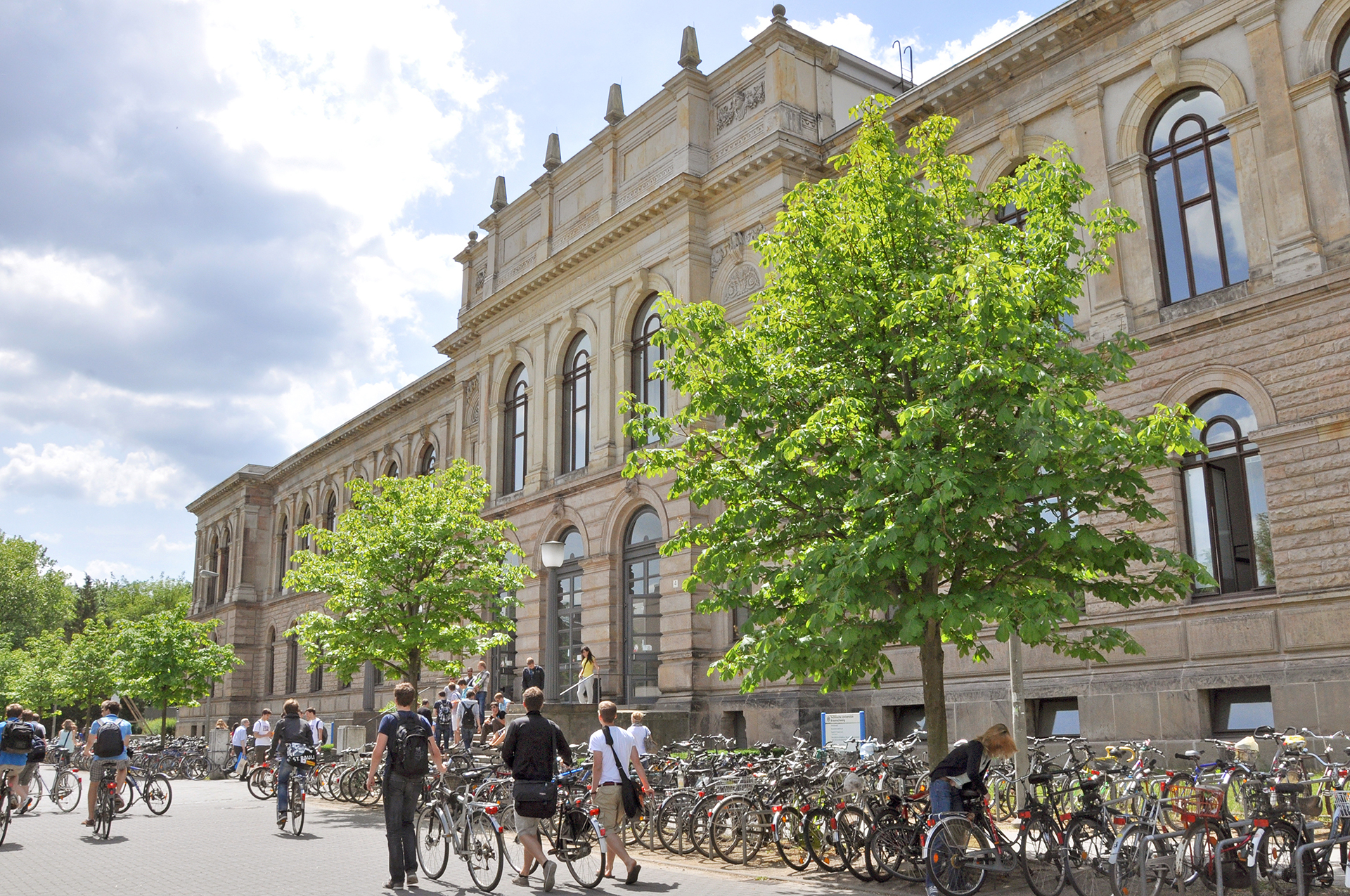
Institut für Flugantriebe und Strömungsmaschinen
With more than 15,000 students and 3,800 employees, the Technische Universität Braunschweig is one of Germany´s leading institutes of technology. It stands for strategic and performance-oriented thinking and acting, relevant research, committed teaching, and the successful transfer of knowledge and technologies to the economy and society. We consistently advocate for family friendliness and equal opportunities.
Our research focuses are mobility, engineering for health, metrology, and city of the future. Strong engineering and natural sciences are our core disciplines. These are closely interconnected with economics, social and educational sciences and humanities.
Our campus is located in the midst of one of the most research-intensive regions in Europe. We work successfully together with over 20 research institutions in our neighborhood as we do with our international partner universities.
We are looking for a new research associate which join the Institute of Jet Propulsion and Turbomachinery as soon as possible.
Research Associate (m/f/d) in the field of:
Experimental investigation of the emission characteristics of fuel cell drives in aviation
(EG 13 TV-L, full-time)
The position is to be filled on a fixed-term basis for a period of 3 years. The successful applicant will be given the opportunity to pursue a doctorate.
With the ambitious goal of climate-neutral flying, the question arises as to how advanced components and subsystems of PEM fuel cell drives will be integrated in the future. This requires appropriate modeling and evaluation of interactions at a detailed level. The TUBS contribution is dedicated to a detailed investigation of the formation of contrails in the humid exhaust air of a fuel cell drive, as well as the development of technological approaches to prevent them. Due to the lack of experimental validation data, experimental investigations of a generic exhaust air duct under real operating conditions are being carried out in order to gain a more detailed insight into the complex flow phenomena and to generate validation data for the numerical models. These experiments are intended to provide high-quality data on droplet formation locations and droplet distribution density spectra after mixing the exhaust air jet with the environment. The complexity here also lies in the creation of representative environmental conditions.
Your tasks
Your Qualifications
We offer
Further notes
We welcome applicants of all nationalities. At the same time, we encourage people with severe disabilities to apply. Applications from severely disabled persons will be given preference if they are equally qualified. Please attach a proof of disability to your application. We are also working on the fulfilment of the Central Equality Plan based on the Lower Saxony Equal Rights Act (Niedersächsisches Gleichberechtigungsgesetz—NGG) and strive to reduce under-representation in all areas and positions as defined by the NGG. Therefore, applications from women are particularly welcome in this case.
The personal data will be stored for the purpose of processing the application. By submitting your application, you agree that your data may be stored and processed electronically for application purposes in compliance with the provisions of data protection law. Further information on data protection can be found in our data protection regulations at https://www.tu-braunschweig.de/datenschutzerklaerung-bewerbungen .
Application costs cannot be reimbursed.
Questions and Answers
For more information, please call Dr. Heiko Schwarz on +49 (0) 531 391-94218 or send an email to: h.schwarz(at)tu-braunschweig.de
Deadline for applications is 20. 03. 2026
Are you interested? Please send your application with relevant documents in PDF format, preferably via email to h.schwarz(at)tu-braunschweig.de
or via mail to:
Technische Universität Braunschweig
Institute of Jet Propulsion and Turbomachinery
Hermann-Blenk-Str. 37
38108 Braunschweig
The application documents should include the following:
from: 24.02.2026
valid until: 20.03.2026